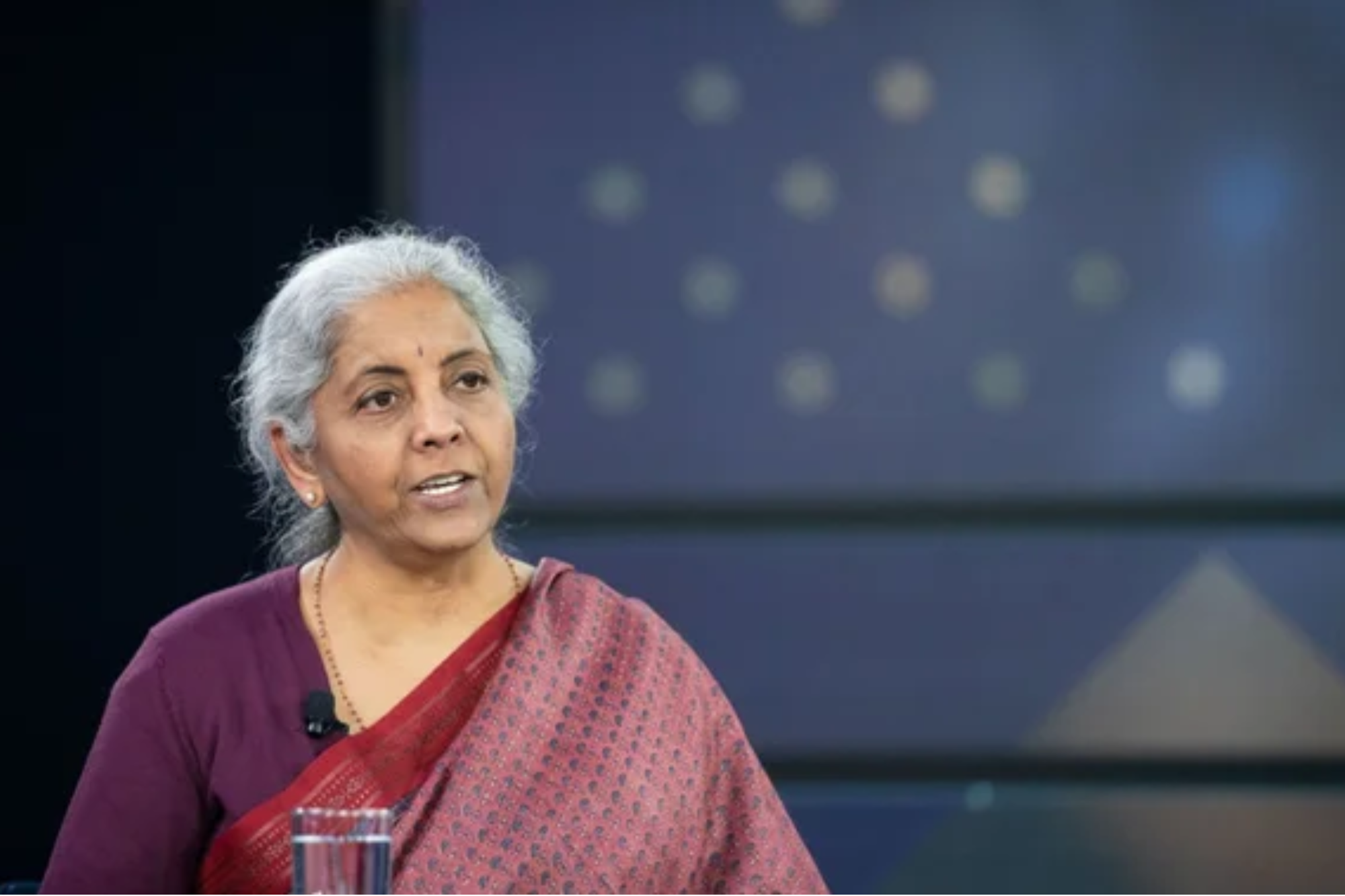Will US-Japan Treaty For Cross-Border Data Flow Put Pressure on India? While the US and Japan will allow open access to even government data, India is a strong proponent of data localization
Opinions expressed by Entrepreneur contributors are their own.
You're reading Entrepreneur India, an international franchise of Entrepreneur Media.

At a time when India is keen on localisation of data, the US and Japan have renewed their cross-border data flow agreement by signing a digital trade agreement. "Neither party shall prohibit or restrict the cross-border transfer of information, including personal information, by electronic means, if this activity is for the conduct of the business of a covered person," the agreement read. According to the agreement, open access to government data will also be available to the parties.
While the move by Japan and the US will encourage trade relations between the countries, India stands strict on data localisation which mandates companies to store user data on servers located in India.
Highlights Of US-Japan Digital Trade Agreement
Apart from cross-border data flows, the US and Japan have also agreed on exemption of customs duties on electronic transmissions, including content transmitted electronically.
The agreement also stated that the parties will need to adopt and maintain transparent and effective measures to protect users from fraudulent and deceptive commercial activities. Apart from this, each party will need to maintain consumer protection laws to fight fraudulent commercial activities which can potentially harm users.
The two countries cannot allow transfer of source code of software as a condition for sale. "Neither party shall require the transfer of, or access to, source code of software owned by a person of the other party, or the transfer of, or access to, an algorithm expressed in that source code, as a condition for the import, distribution, sale, or use of that software, or of products containing that software, in its territory," the agreement noted.
Indian Policies Not Popular Across Globe
India's Data Protection Bill which was released in July 2018 has garnered criticism from e-commerce and social media companies. Especially its data localisation rules have been subject to global heat.
The bill which is currently under consultation with the central government and the ministry of electronics and information technology (MeitY), states that "every data fiduciary shall ensure the storage, on a server or data centre located in India, of at least one serving copy of personal data to which this Act applies".
According to media reports, Internet tech giants have shown their discontentment with the bill as this may require them to change their business models. Most recently, several media reports stated that foreign portfolio investors dealing in securities traded on the Bombay Stock Exchange have also voiced their displeasure with the data protection bill.
India Refused Signing Osaka Track
Earlier in July, India refused to sign the "Osaka Track" on digital economy at the G20 Leaders' Summit held in Osaka. Osaka Track promotes cross-border data flow which includes protection measures launched by Japanese Prime Minister Shinzo Abe.
India along with Indonesia and South Africa voiced their opinion against the cross-border data flow agreement adopted by majority of the G20 countries. According to several media reports, foreign secretary Vijay Gokhale had said discussions related to data should be held within the context of the World Trade Organisation (WTO). He added that data is a new form of wealth and the WTO is already framing international rules on this issue.









